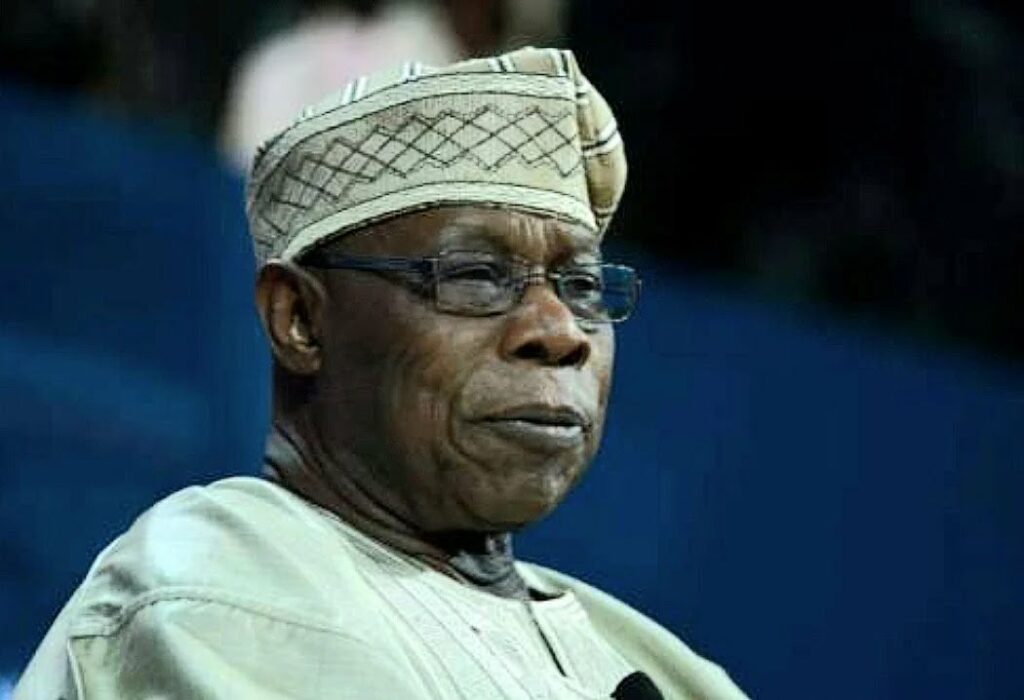- Former President Olusegun Obasanjo criticizes recent court decisions sacking governors, denouncing the power of a few judges to overturn voter decisions
- Obasanjo questions the legitimacy of such decisions, emphasizing concerns about a minority of judges having the final say in elections
Former President Olusegun Obasanjo has raised concerns about recent court decisions sacking three governors, asserting that the power held by a handful of judges to overturn the will of millions of voters is “totally unacceptable.”
Obasanjo’s remarks come in the wake of the Court of Appeal’s ongoing judgments on electoral disputes stemming from the 2023 elections in Nigeria. Last week, the court ruled to remove governors Dauda Lawal of Zamfara State, Abba Kabir Yusuf of Kano, and Caleb Mutfwang of Plateau in separate judgments, sparking mixed reactions.
Addressing the issue at a high-level consultation on Rethinking Western Liberal Democracy in Africa held at Green Resort Legacy in Abeokuta, Ogun State, Obasanjo criticized what he termed “cathedral pronouncements” by the judges.
In his statement, Obasanjo expressed his strong disapproval of a system where a small number of judges can overturn the decisions of millions of voters. He questioned the legitimacy of such decisions, where a minority of judges has the final say on electoral outcomes.
“I believe whatever form of democracy we have, three or four men in the judiciary should not be able to overturn the decisions of millions that have voted,” Obasanjo remarked. “It’s totally unacceptable that millions (of votes), maybe 10 million on one side, maybe 9 million on the other side. Then, you have five people sitting down, three of them agree, two disagree. And you come up and make cathedral pronouncements that cannot be changed, I believe that should not be accepted.”
Renowned human rights activist Femi Falana (SAN) echoed Obasanjo’s concerns, emphasizing the need to curb the judiciary’s influence on elections. Falana criticized the recent trend of courts sanctioning voters and depriving them of their rights based on the errors of electoral officers, citing the Kano gubernatorial dispute as an example.
